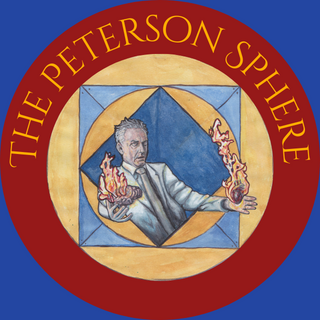Tolkien and Universal History
Richard Rohlin, February 24th – March 24th
The Tolkien and Universal History course, led by philologist Richard Rohlin, is a five-week program (Feb 24–Mar 24, 2025) exploring J.R.R. Tolkien’s Legendarium as an attempt to craft a “Universal History”—a synthesis of ancient and modern storytelling that shapes English, European, and Western identity.
Through 10 hours of live lectures (Mondays at 1 pm CST), participants will examine Tolkien’s use of medieval literary forms, linguistic and philological influences, and integration of Christian themes. The course concludes with an analysis of modern fantasy authors and an optional creative writing assignment.
Priced at $150 (with a 10% discount for Symbolic World patrons), the course provides all necessary readings, though The Histories of Middle-earth (vols. 1-5) is recommended for deeper engagement.
For additional courses offered at Symbolic World, visit their courses page: https://www.thesymbolicworld.com/courses
Symbolic World Podcasts
Awakening From The Meaning Crisis
On Jonathan Pageau’s latest podcast, he joins John Vervaeke and Christopher Mastropietro as they discuss their collaborative work on the book “Awakening from the Meaning Crisis,” based on Vervaeke’s YouTube series.
Vervaeke and Mastropietro describe their collaborative methods, including creating core theoretical arguments and fleshing them out to make the material more accessible. They have two different methods of working, depending on whether the project was originally textual or not.
The panel discusses the widespread adoption of the term “meaning crisis” and the vocabulary from Vervaeke’s series, noting its influence in various contexts.
Structures of Being – You’re Not That Different Than Your Political Opponent
by Jonathan Pageau
Jonathan Pageau discusses the human tendency to swing between two extremes: openness and closedness. This can be seen in individuals, societies, and even religions. For example, some people are naturally more cautious and wary of the outside world, while others are more open and exploratory. The same is true for societies, which can swing between periods of openness and closedness. Religious groups can also exhibit this same tendency, sometimes becoming too strict and exclusive, and other times becoming too open and permissive. Pageau argues that it is important to be aware of this tendency in ourselves and in society, and to strive for a balance between the two extremes.



It looks like we are at risk of knowing what we are up to.